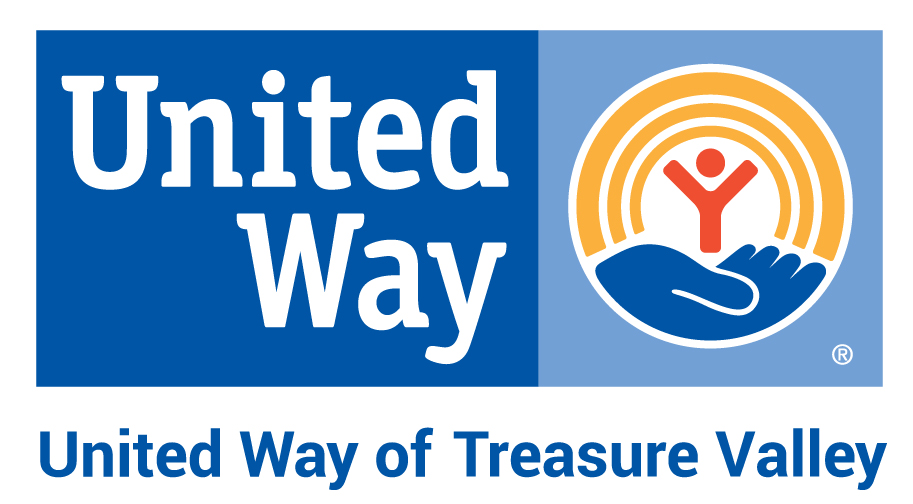Idaho 2-1-1 Careline provides resources amidst Coronavirus Outbreak
What it is: The Idaho 2-1-1 CareLine is a program of the Idaho Department of Health and Welfare. It provides a robust database that offers free or low-cost programs and services such as social services, medical assistance, food and clothing, daycare options, emergency shelter and more. There are now more than 11,000 resources available for those in need.
Since it began in the fall of 2002, the service has fielded 2,338,199 information and referral inquiries in Idaho.
How it started: United Way of Treasure Valley and the state Department of Health and Welfare teamed up in September 2002 to launch 2-1-1 services to help Idahoans throughout the state. At the time, Idaho was the fourth state in the nation to implement the service statewide. It was piloted in 10 counties in southwest Idaho with service 8 hours a day, 5 days a week. In July 2003, the service became available to all Idahoans.
Years earlier, 2-1-1 was established in 1997 through funding from Junior League of Boise. UWTV and other community groups had discussed the idea of a one-stop shop for health-related information for several years, according to a 2002 story in the Idaho Statesman. The state Department of Health and Welfare had been running CareLine, a similar service but with more limited hours, for 10 years before the switch to Idaho 2-1-1.
The need was demonstrated through then-Governor Dirk Kempthorne’s Coordinating Council for Families and Children (GCCFC) - identifying access to information and services as priority number one.
“United Way’s support, resources and partnership were integral to the development of the 2-1-1 Idaho CareLine,” says Charles Beal, current unit supervisor of the 2-1-1 program.
The governor’s office worked with UWTV and partners for four years prior to launch, recognizing the visibility and enhanced communication network to generate public awareness for the service. It was deemed a “model public/private partnership” to improve lives and mobilize the caring of communities. The program was sustained for three years with grants from UWTV, a startup grant from the Murdock Charitable Trust and an Americorps planning grant along with Idaho’s provision of an existing information line.
The original proposal had three barriers to overcome: working toward more accessible hours, supporting rural communities and garnering private sector financial support to augment the state’s commitment.
In 2003, the 2-1-1 service fielded 36,000 calls. In 2009, it grew to 214,000 calls, after the Great Recession of 2007-2009. Early on, the service was run at the call center at Saint Alphonsus Regional Medical Center, another partner in the project.
In 2018, Idaho 2-1-1 fielded 95,723 calls. In 2017, there were 101,904 calls. The widespread use of smartphones to access help and improvements in processes for public assistance programs is a factor in the variance in call totals, said Beal. “At the same time, we know the need still exists, because of the large number of people in Idaho every year who turn to 2-1-1 for help with the social safety net.”
More than 94% of callers reached an agent within 60 seconds and the website has a guided research source feature.
Breaking down 2018 referrals: 31,827 were for Public Benefits, 14,344 for bills and utilities, 11,393 for medical/health, 12,208 for housing/shelter and 4,104 for food/meals. 45,385 were Other referrals. There were more than 27,000 website visits.
Today, 2-1-1 Idaho CareLine is staffed 8 a.m. to 6 p.m., Monday through Friday, excluding state holidays. As of 2018, 94.2% of Americans were served by 211 service centers across the U.S. and in 2018 and more than 12.8 million connections were made nationally, according to www.211.org. United Way operates or provides funding for more than 70% of those centers, according to the website.
Partners involved in the Idaho project as of 2003:
Governor’s Coordinating Council for Families and Children
Idaho Department of Health and Welfare
Junior League of Boise
Mountain States Group
Saint Alphonsus Regional Medical Center
Sprint, Edge, Cricket and AT&T Wireless
Community Action Partnership
United Way in Idaho:
-
United Way of Kootenai County, Inc., Coeur D’Alene
-
United Way of Idaho Falls and BOnneville County, Idaho Falls
-
Twin County United Way, Lewiston
-
United Way of Moscow/Latah County, Moscow
-
United Way of Southeastern Idaho, Pocatello
-
United Way of Upper Snake River Valley, Rexburg
-
United Way of Benewah County, Saint Maries
-
United Way of South Central Idaho, Twin Falls
